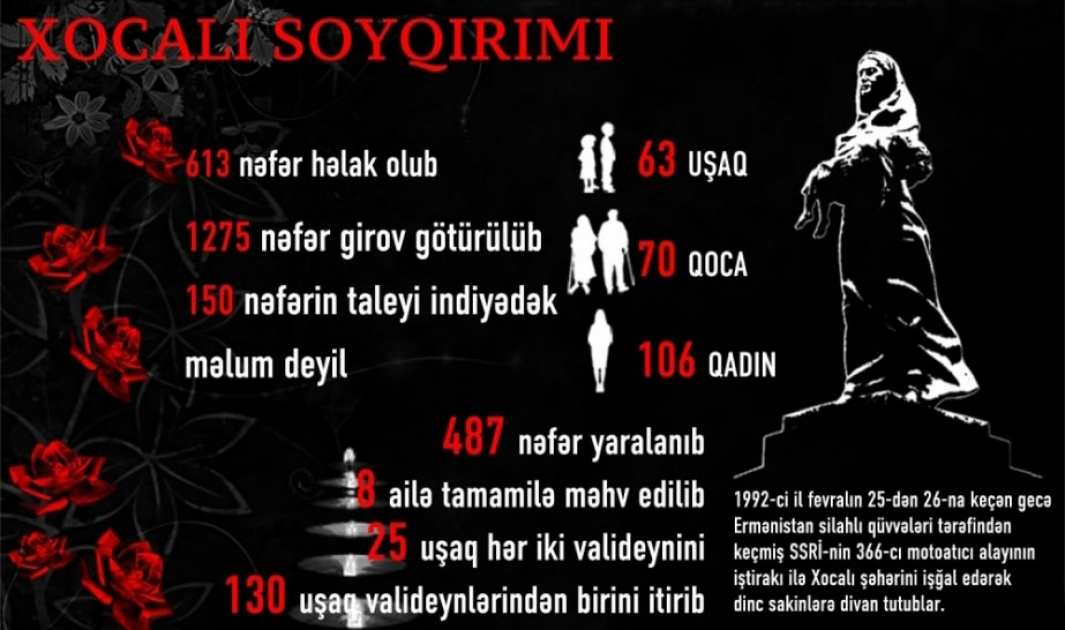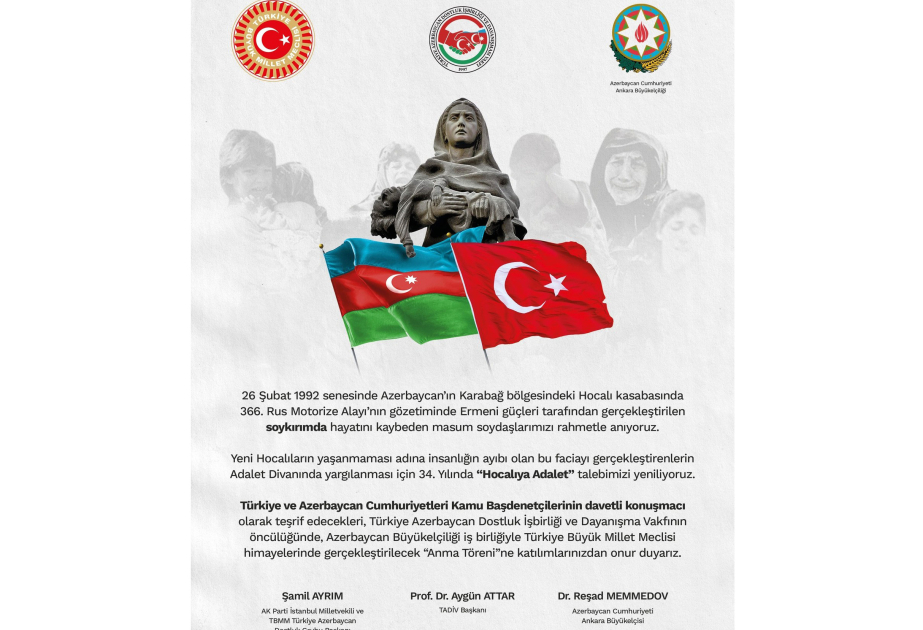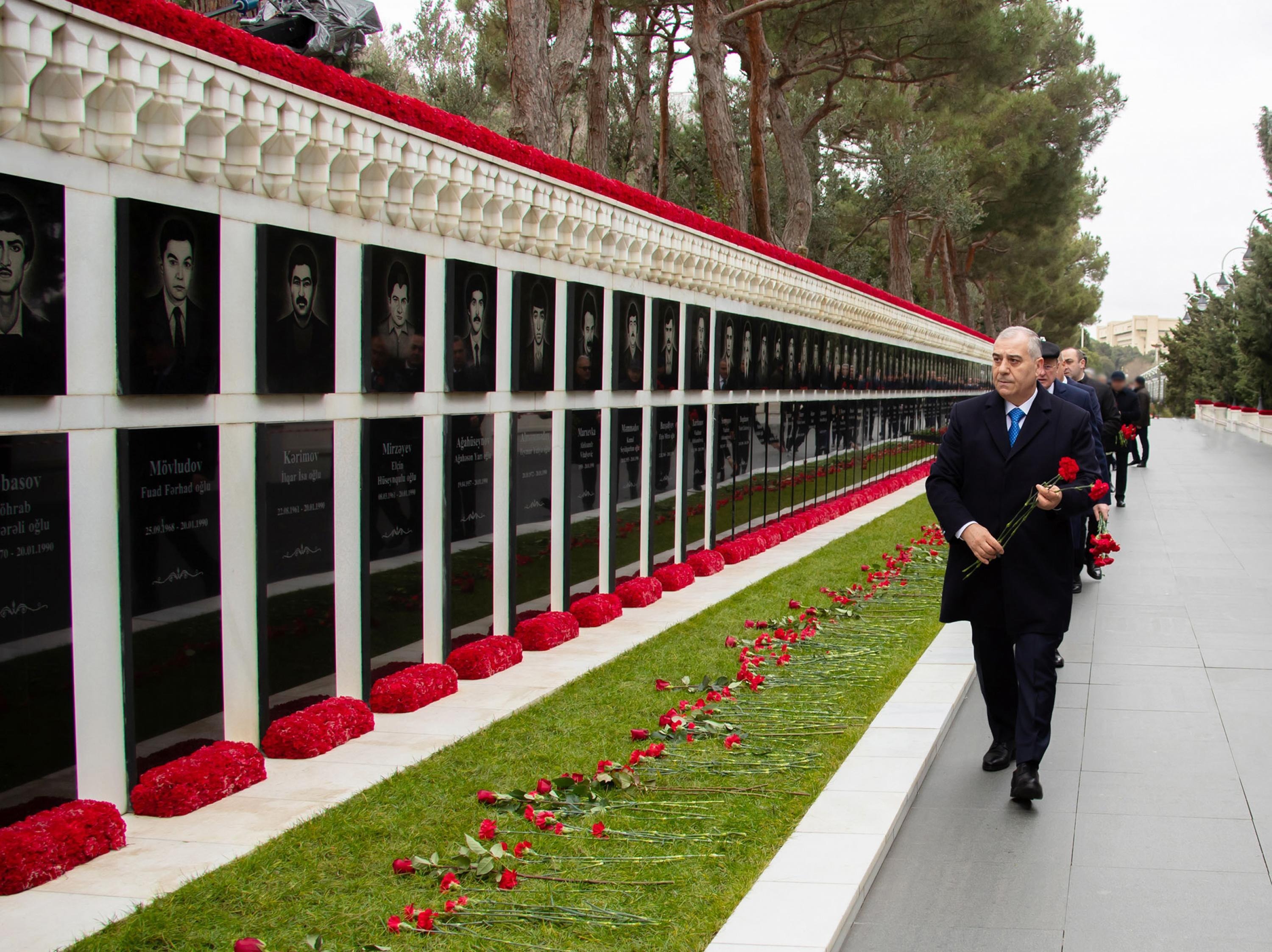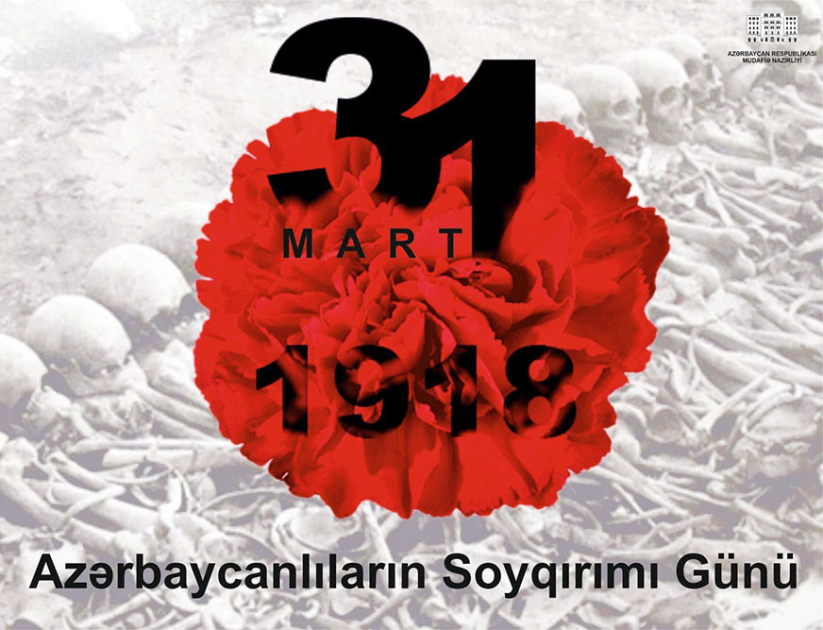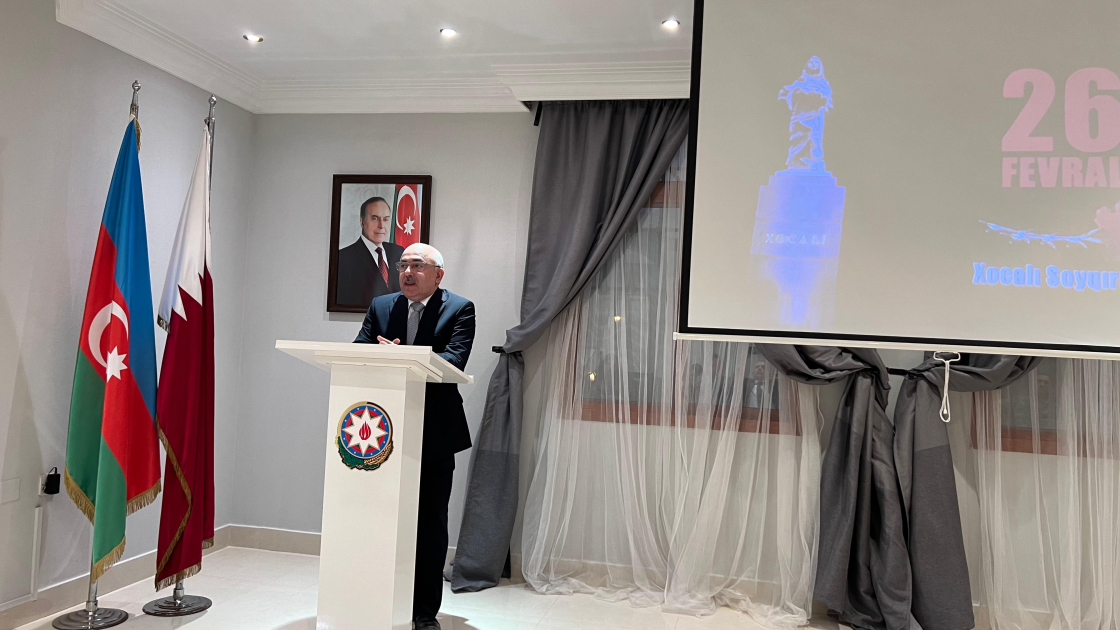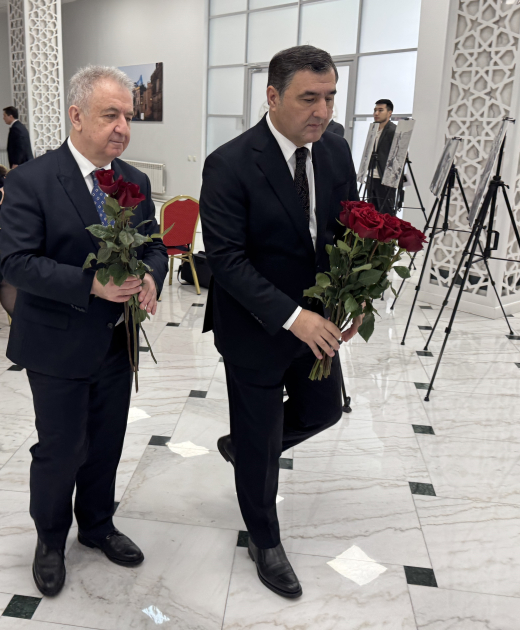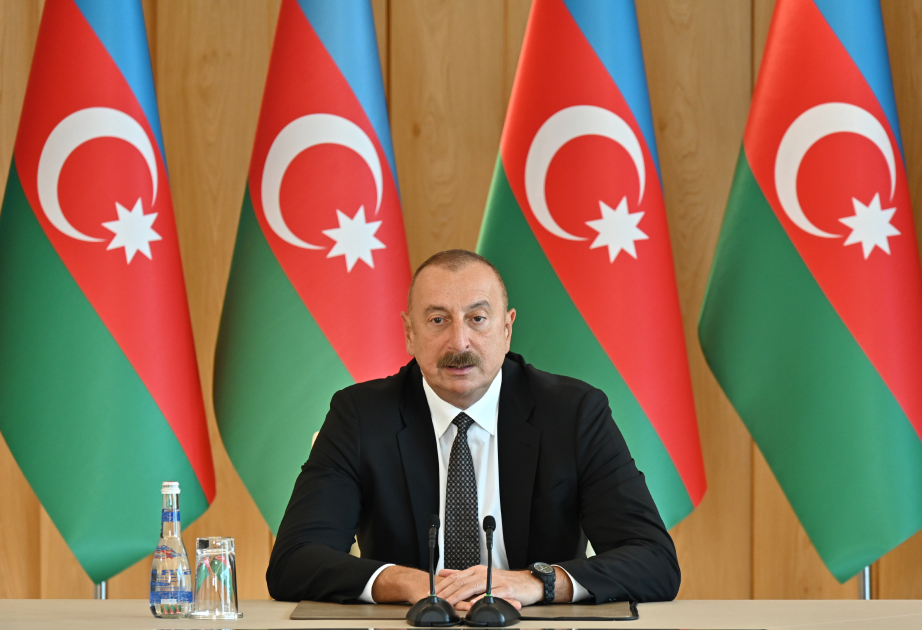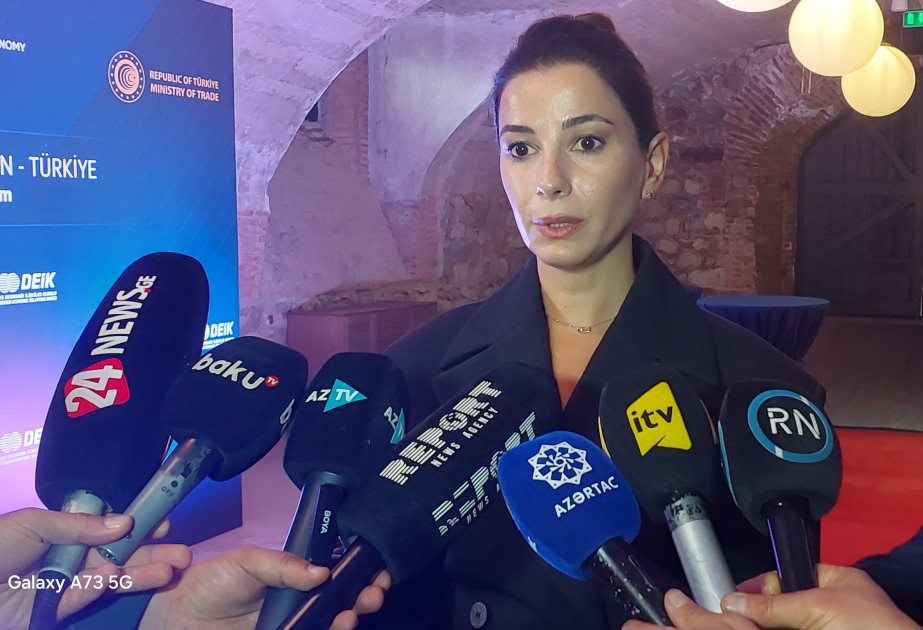Every 9 December, the United Nations Office of the Special Adviser on the Prevention of Genocide marks the adoption of the Convention on the Prevention and Punishment of the Crime of Genocide – a crucial global commitment that was made at the founding of the United Nations, immediately preceding the Universal Declaration of Human Rights, according to the official website of the UN.
By General Assembly Resolution A/RES/69/323 of 29 September 2015, that day also became the International Day of Commemoration and Dignity of the Victims of the Crime of Genocide and of the Prevention of this Crime. Every year, the Office of the Special Adviser on the Prevention of Genocide hosts a high-level event to observe this International Day, honoring genocide victims and marking the anniversary of the Convention.
This year’s event takes place in between two landmark commemorations. In April 2024, Rwanda marked 30 years since the 1994 genocide against the Tutsi. In July 2025, Bosnia and Herzegovina will mark 30 years since the 1995 Srebrenica genocide. Thus, the event will be dedicated to the role of commemoration and memorialization efforts not only to honor the victims and survivors of genocide, but also as effective mechanisms for the prevention of future genocides. It will focus on the experiences of Rwanda and Bosnia and Herzegovina to explore the ways in which commemoration and memory of past genocides serve as an essential component of prevention.
Commemoration and memorialization initiatives are inextricably linked to the two obligations set forth by the Genocide Convention, namely, the prevention and punishment of the crime of genocide. By promoting truth-telling and healing, fostering a culture of peace education, social cohesion and respect for diversity, keeping a record of the past and collecting testimonies of victims and survivors, establishing and maintaining archives, and contributing to reducing instances of genocide denial and glorification of war criminals, such efforts significantly contribute to the implementation of these two key obligations.
The need to invest in genocide prevention, as envisaged by the Genocide Convention drafters 76 years ago remains as relevant as ever.
“Today marks the 76th anniversary of the adoption of the Convention on the Prevention and Punishment of the Crime of Genocide.
Adopted in the wake of the unimaginable horrors of the Holocaust, the Convention is a pledge to the victims and survivors of genocide to ensure that these atrocities never occur again.
Tragically, in a world plagued by division, mistrust and violence, the dark spectre of genocide is still with us.
In the name of the victims and survivors of genocide, all governments must ratify and fully implement the Convention, holding perpetrators to account.
We must strengthen the tools of prevention, including education and countering mis- and disinformation that can fuel hate speech and genocidal intent and action.
We must respect and implement decisions of the International Court of Justice on the application of the Convention.
And we must do everything possible to identify early warning signs and sound the alarm.
The best way to honour the victims and survivors of genocide is to ramp up action to prevent this atrocious crime,” Antonio Guterres, UN Secretary General, said in his message.
The Genocide Convention (article 2) defines genocide as "any of the following acts committed with intent to destroy, in whole or in part, a national, ethnical, racial or religious group … ", including: Killing members of the group; Causing serious bodily or mental harm to members of the group; Deliberately inflicting on the group conditions of life calculated to bring about its physical destruction in whole or in part; Imposing measures intended to prevent births within the group; Forcibly transferring children of the group to another group.
The Convention confirms that genocide, whether committed in time of peace or war, is a crime under international law which parties to the Convention undertake “to prevent and to punish” (article 1). The primary responsibility to prevent and stop genocide lies with the State.




